How effective is Sinovac vaccine? Here are some lessons from other countries
Safer, tried and tested, fewer side effects — these are among the reasons people prefer this COVID-19 vaccine to its mRNA counterparts. The programme Talking Point examines the basis for their choice.
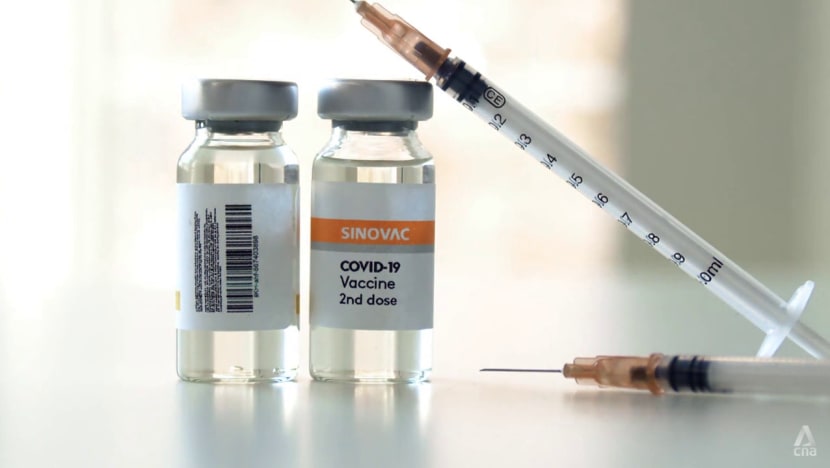
Some 85,000 people in Singapore would have received their first Sinovac dose by Aug 12.
SINGAPORE: While her peers were choosing between the Pfizer-BioNTech and Moderna vaccines, 32-year-old Jade Lim made an uncommon choice.
Despite having no known allergies to the two vaccines, she went with the Sinovac-CoronaVac vaccine, available at approved private healthcare institutions within the Special Access Route framework.
“Everyone was shocked,” she said, as she recalled how her friends and family reacted.
But she felt more comfortable with Sinovac — an inactivated virus vaccine — compared with the other two, which use messenger ribonucleic acid (mRNA) technology. For one thing, she was concerned about the side effects of the mRNA vaccines.
“As a healthy person with a good immune system, I feel that it wasn’t necessary to take something that would trigger so much reaction in the body,” said the vet.
“Also … what’ll happen 50 years later (is something) we wouldn’t know, whereas inactivated virus (vaccines) have been used for decades.”
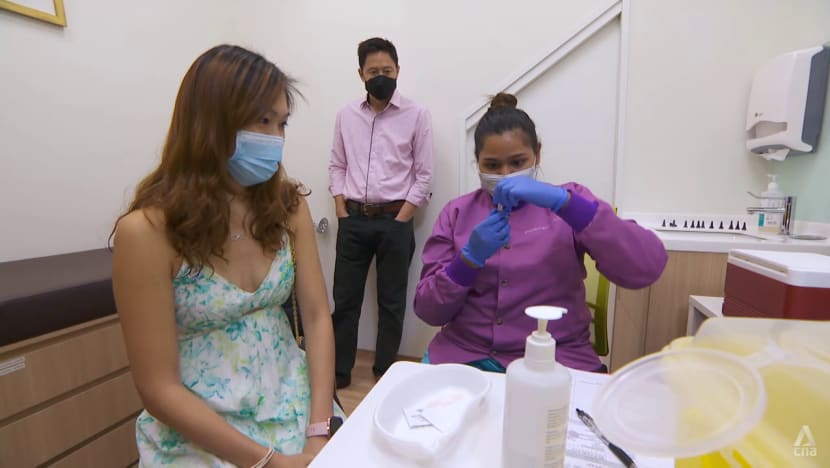
Sinovac’s inactivated virus technology entails injecting the person with dead coronavirus particles, triggering the body’s immune system to produce antibodies to COVID-19. mRNA vaccines, on the other hand, involve injecting snippets of the virus’ genetic code into a patient.
It works as a “recipe” to direct the production of a specific part of the virus, the spike protein, to trigger an immune response without exposing patients to the virus.
Human trials of mRNA technology started in 2009, while inactivated viruses were introduced at the end of the 19th century and has since been used to treat ailments like typhoid, polio and even seasonal flu.
But does this really mean Sinovac is tried and tested and therefore safer? The programme Talking Point finds out the lessons from other territories.
WATCH: Is the Sinovac vaccine effective or safer? (3:11)
DATA PUT ‘UNDER THE MICROSCOPE’
Based on Ministry of Health estimates on Aug 10, 85,000 people in Singapore would have received their first dose of the Sinovac vaccine by Aug 12.
Those with the Sinovac jabs are now included in Singapore’s vaccination count and considered as fully vaccinated. But as Sinovac is not part of the national vaccination programme, those who want the vaccine must pay S$10 to S$25 per dose.
They are also not covered by the Vaccine Injury Financial Assistance Programme, which gives a one-time payout for anyone suffering adverse reactions to the mRNA vaccines in the national vaccination programme.
Despite this, there have been queues for the Sinovac vaccine.
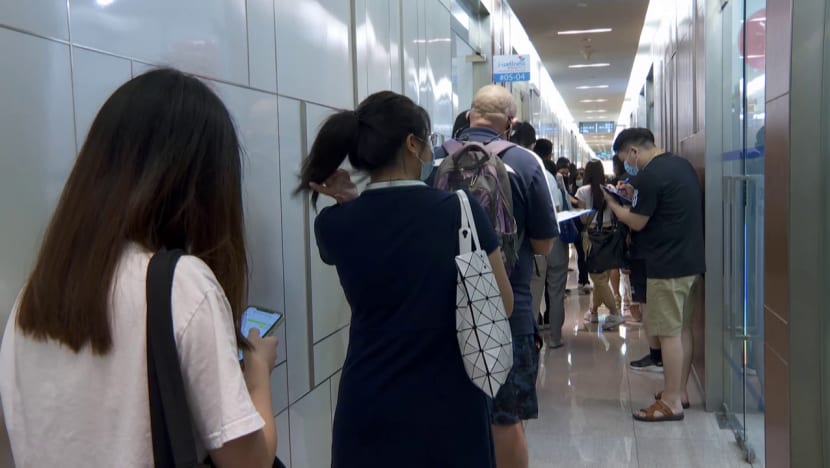
Infectious diseases specialist Loh Jiashen from Farrer Park Hospital noted that “it’s not exactly true”, however, that Sinovac is safer than the mRNA vaccines, which have been used in “millions of doses” round the world.
“The amount of (mRNA) data that’s come back has been rigorous, robust, and the whole data has been examined under the microscope,” he said. “The Sinovac safety data isn’t as open and not as publicly available.”
He noted that Sinovac’s efficacy rate is 51 per cent, while that of the Pfizer-BioNTech and Moderna vaccines is 95 per cent and 94 per cent respectively. The higher the efficacy rate, the more protection there is against symptomatic disease.
“If you want to give a vaccine, you should generate antibodies at least better or more than somebody who’s caught an infection,” he added.
“In its early trial, it was shown that the antibody (level) generated by the Sinovac vaccine was lower than that generated by people who’ve gotten COVID.”
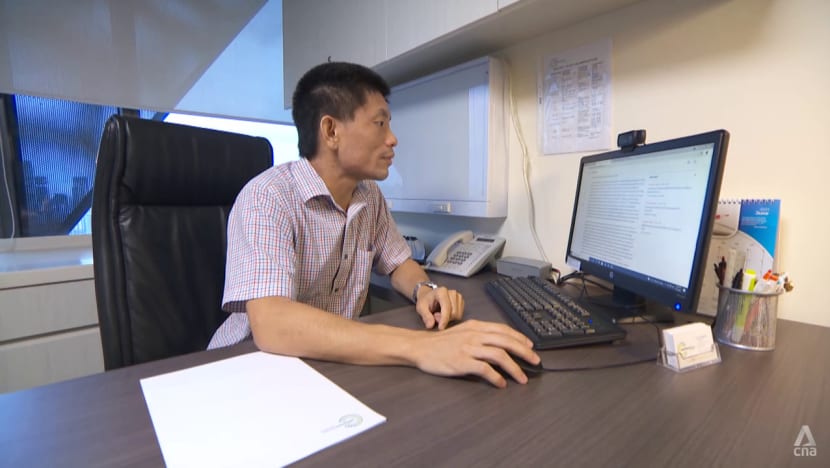
A recent Mayo Clinic study in Minnesota, however, found that the effectiveness of the mRNA vaccines against the Delta variant had dropped to 76 per cent for Moderna and 42 per cent for Pfizer-BioNTech. The study has not yet been peer-reviewed.
But, on the other hand, a United Kingdom study published in the New England Journal of Medicine found that the Pfizer-BioNTech vaccine was 88 per cent effective against the Delta variant.
THE HONG KONG SITUATION
Over in Hong Kong, where the vaccine has been offered since February, more than 2.5 million doses have been given to people, compared with over 4.1 million doses of the Pfizer-BioNTech one.
According to CNA correspondent Wei Du, who has tracked the city’s vaccination roll-out, the Sinovac vaccine is “freely available … so no need to queue up overnight and no need to make a mad dash for it”.
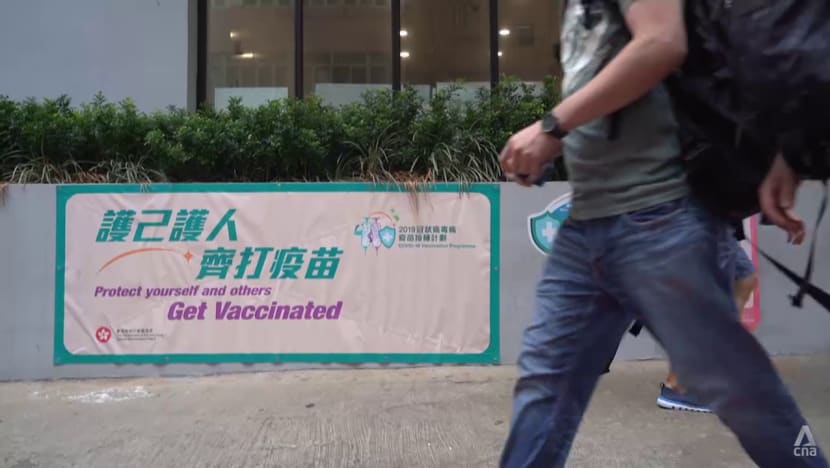
But there is a “general sense of distrust” of mainland China and of “anything that comes from mainland China”, she said. “People are also very clear about the fact that the Pfizer-BioNTech mRNA vaccine simply works better.”
So why then do some Hongkongers still go for Sinovac, given that the Pfizer-BioNTech vaccine is just as readily available and there is less data on the protection Sinovac offers against more transmissible strains like the Delta variant?
“The efficacy of preventing hospitalisation and preventing death is very similar for both vaccines, so the efficacious advantage for (Pfizer-)BioNTech isn’t that obvious,” said David Lam, who administers Sinovac vaccines at his private clinic.
A recent study published in the New England Journal of Medicine, which involved 10.2 million participants in Chile, showed that the Sinovac vaccine was 87.5 per cent effective in preventing hospitalisation and 86.3 per cent in preventing death from COVID-19.
WATCH: The full episode — How effective is Sinovac? Inactivated virus vs mRNA vaccine (22:28)
Lam, who is also chairman of non-profit group Medical Conscience, said “it’s quite obvious” that people who receive the mRNA vaccines have more pains.
“So some people thought, why don’t we just use something (that), in their mind, is mild — less dizziness, less pain, less fever,” he noted.
In terms of severe side effects, there were 28 cases of Bell's palsy, a kind of facial paralysis, among nearly 452,000 individuals who received their first Sinovac jab, according to University of Hong Kong researchers.
But there is no definitive evidence on how the vaccine might cause this rare reaction.
“If you do develop adverse effects, the government payout is also the same (whether it’s the Sinovac or Pfizer-BioNTech vaccine),” said Du. “Both vaccines are approved by the government and are provided by the government.”
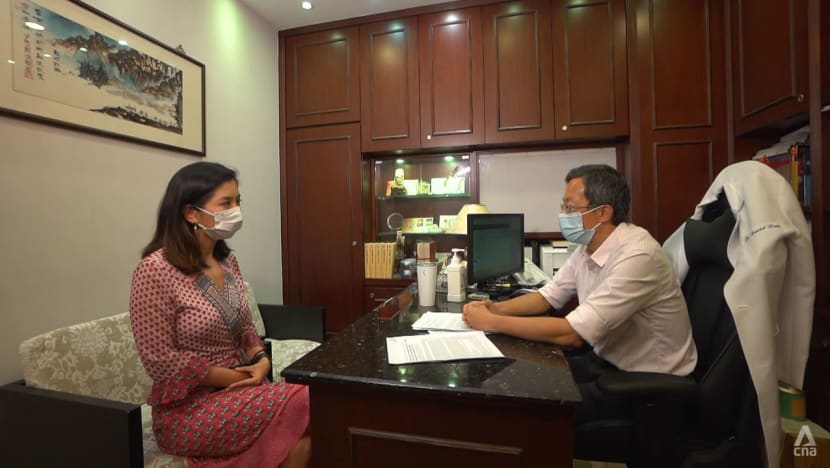
BETTER WITH BOOSTER JAB?
Elsewhere, particularly in Southeast Asia, there have been some signs of trouble. In Indonesia, reports surfaced in June that more than 350 medical workers who had the Sinovac vaccine had contracted COVID-19. Dozens had symptoms that required hospitalisation.
It appears to medical doctor and epidemiologist Dicky Budiman, who is advising the Indonesian government on the containment of COVID-19, that the protection Sinovac offers decreases “after six months”.
The vaccine also appears to be less effective against the Delta variant compared with mRNA vaccines or the AstraZeneca one. That is why he recommends a booster dose — from Moderna — after the first two Sinovac jabs.
He cited European countries like Spain and Germany, which are mixing COVID-19 vaccines.
So too is Thailand, where over 600 Sinovac-vaccinated medical staff were infected between April and last month. Thai authorities have announced that a first dose of Sinovac will be followed by AstraZeneca as the second dose, for a booster effect.
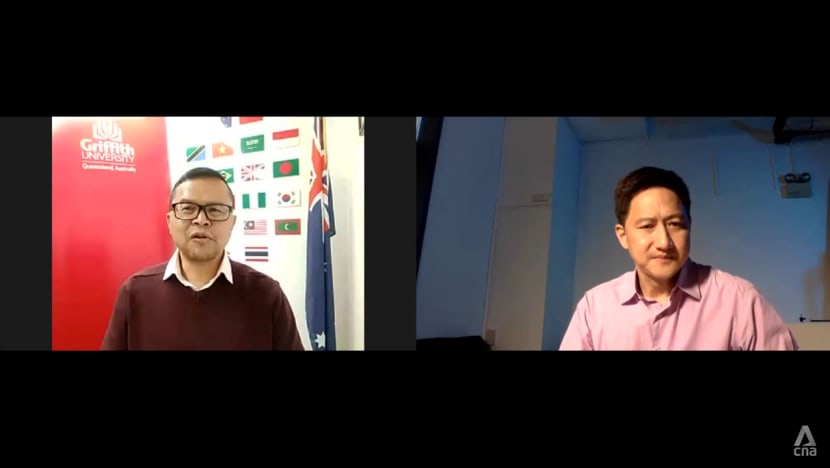
Malaysia, too, is reviewing data to determine whether Sinovac vaccine recipients should be given a booster jab with another vaccine.
Is this also a possibility in Singapore? According to Danny Soon, a member of the Expert Committee on COVID-19 Vaccination, it is too early to tell.
“Sinovac is given as an option at this point because there may be some people who have a personal preference for it. There may be some … who won’t be eligible for the mRNA vaccines because of allergies,” he said.
So it’s a small number of people who potentially could be looking for the Sinovac vaccine.”
The “first choices” for people thinking about which vaccine to have should be the mRNA vaccines in Singapore’s national vaccination programme, he advised.
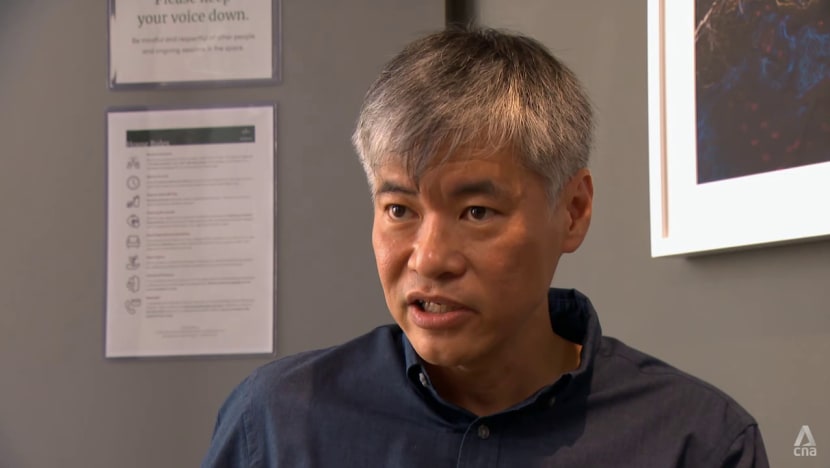
As at Aug 11, the Health Sciences Authority is still reviewing additional data given by Sinovac. The results will determine whether there will be any change in regulatory approval for the vaccine.
The key thing is, as Soon put it, “it’s better to have some vaccination than no vaccination”.
Watch this episode of Talking Point here. The programme airs on Channel 5 every Thursday at 9.30pm.



















